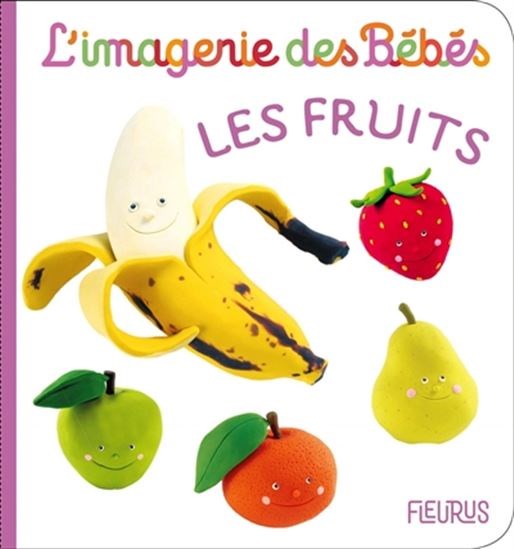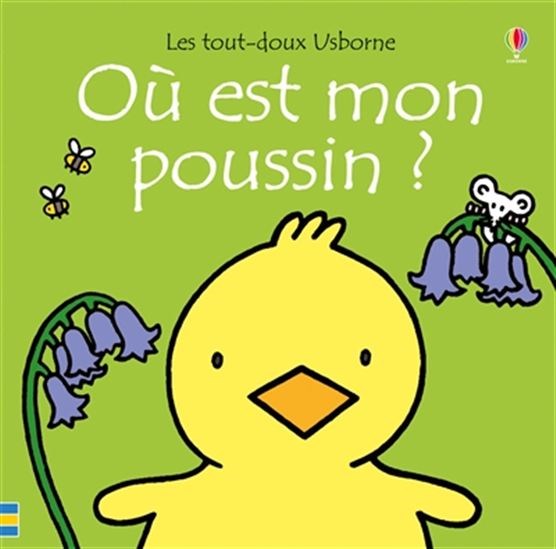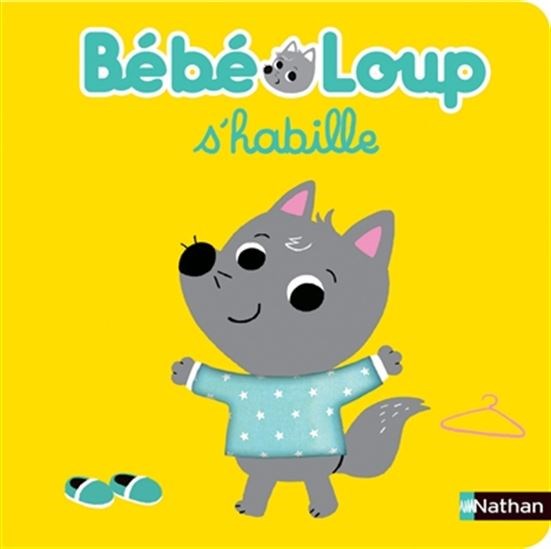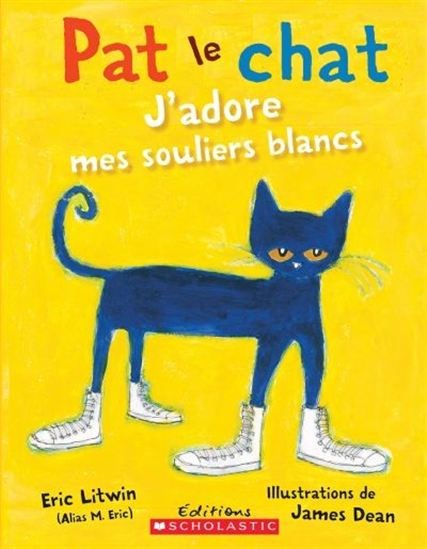
Sep 29, 2020
The great news is that young children a very non-judgemental! There is no better audience to practise your French with. And the OPL has a ton of resources to help you battle any reluctance or jitters you might feel. Here are some age-specific resources that you can tap into in order to help you on your French language journey.
0-12 months
-
Join the OPL on 1,2,3 On Chante, our Youtube channel for French songs and finger plays. Screens are not recommended for children under 3, but you can listen and learn together. Doing this will help your French as well because singing slows down and separates out the parts of speech. This helps your ear adjust to the sounds of the language. It also allows you to practise pronouncing difficult words and sounds in a fun, relaxed way.
-
Look for high-contrast board books in French with a few words on each page (for example, Les Fruits or Où est mon poussin). This will introduce your child to simple nouns. As you do with English, point to the picture and say the word aloud. Don’t forget to include the masculine or feminine article!
12-24 months
-
Attend bilingual or French-language story or toddler times -- online or in person. Ask your programmer for lyrics to specific songs. Sing along at storytime. Practise the songs at home with your child. If the songs have actions, even better! Physical actions help language-learners learn and retain information faster – no matter whether they are a native or a non-native speaker.iii
-
Follow the OPL on 1, 2,3 On Chante, our Youtube channel for French songs and finger plays.
-
In addition to looking for board books that show basic nouns, look for board books that discuss daily routines (bedtime, getting dressed, etc). Bébé loup s’habille is a great example of this type of book.
-
Lift-the-flap books are a great way to encourage your child to practise new vocabulary. Qui se cache sous les fleurs and similar books prompts children to identify and use French nouns as they lift the flaps.
2-3 years
-
Attend bilingual or French-language story or toddler times and ask for copies of the lyrics so you can practise at home. You can also ask your programmer for guidance in selecting books.
-
Follow the OPL on 1, 2,3 On Chante, our Youtube channel for French songs and finger plays.
-
Look for picture books that have simple, repeated refrains. The Pat le Chat series is a great example of this.
-
If your child is open to it -- and this is very child-dependent -- you can also choose books that they have already read in English. Anything by Marie Louise Gay is a good start, but the OPL catalogue has a ton of titles that are available in both languages. Finding them is as easy as searching for your child’s favourite author and then limiting your search results to French.
-
My children often ask me to read books “in French and in English,” which requires me to read and then translate on the fly. It’s a brain workout for me, as well! And very good practice for transitioning between languages.
Some additional tips:
-
The key is to make speaking French, as much as possible, part of your day-to-day life.
-
Keep it fun and light – singing songs, learning new words, being silly. The idea is to help your child become comfortable with, and enthusiastic about, the idea and the sound of French.
-
Your enthusiasm will be contagious so...
-
Go on your own language learning journey:
-
Try a French conversation groups at the library (currently on pause, due to the COVID-19 pandemic) or attend French programs (online only, for the moment). Just make sure that you commit to speaking only in French, if you do so.
-
Try out L’amour des temps for French grammar courses, or Mango languages, which is a big step up from free applications available elsewhere.
-
Borrow French language learning books and software from the library
-
Use WordReference to look up words you don’t know.
-
Wonder aloud “I wonder what the word for that is in French” or “I wonder how we would say that in French.”
-
If you don't know the answer, look it up. Do this in front of your child. For example, I check my masculine / feminine all the time. I also show them how to look up words that aren’t in my vocabulary yet.
-
Make mistakes
-
Let go of perfection...
Amusez-vous bien!
Of course, the OPL also provides supports for school-aged children who are learning French as a Second Language. You can check out a blog post about resources for school-aged children here.




